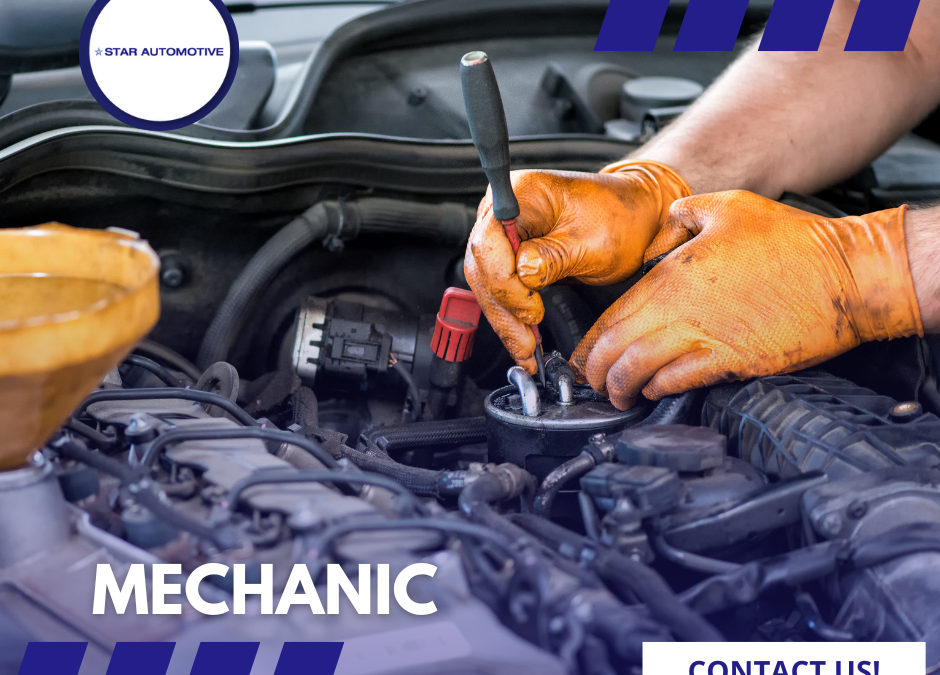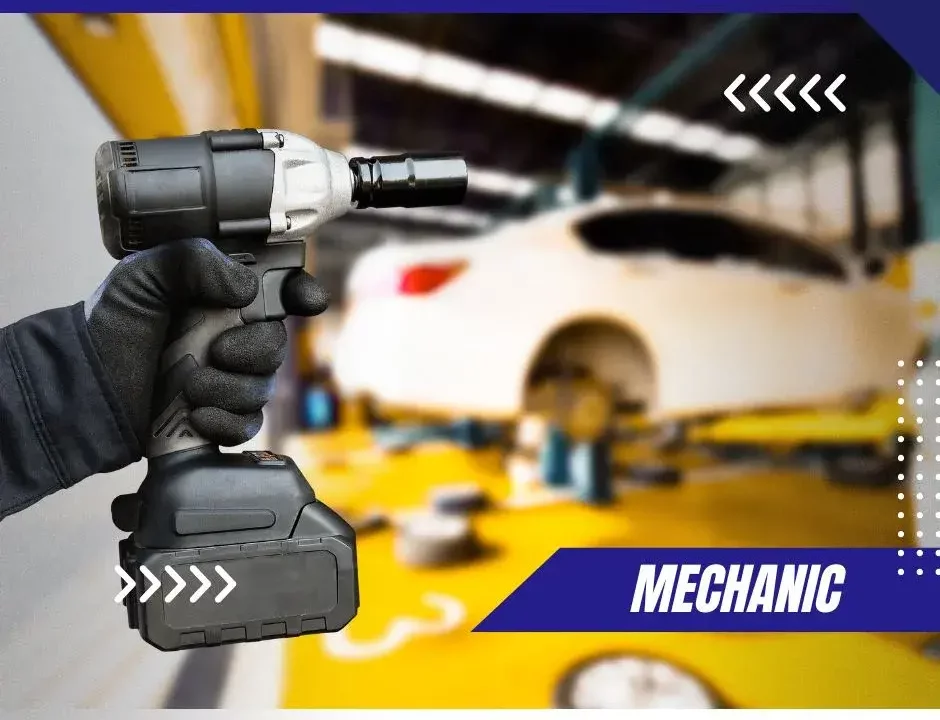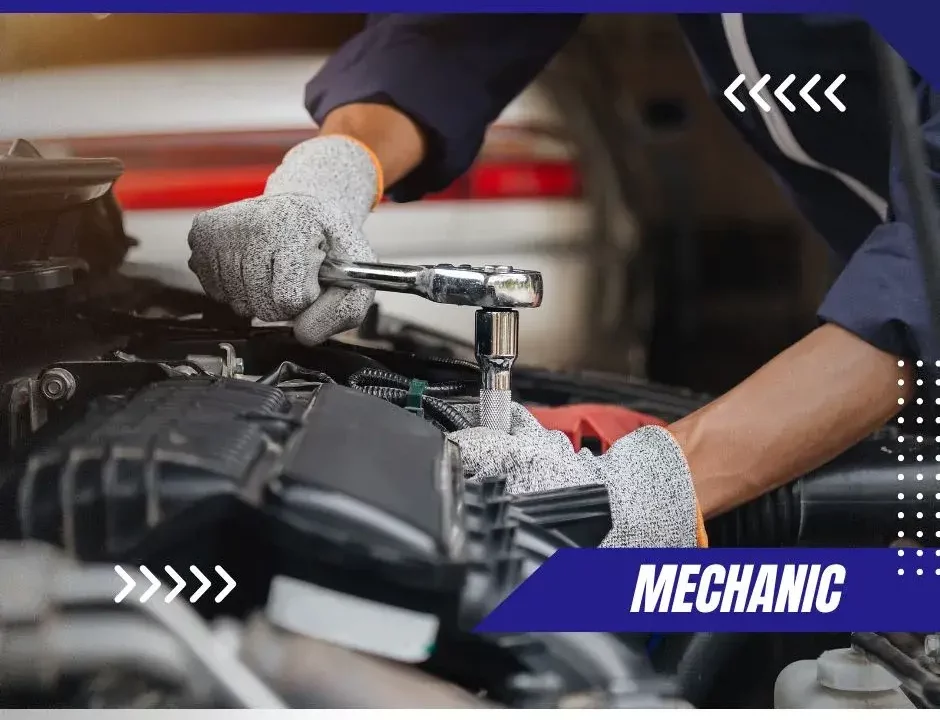
How to Choose the Right Mechanic Services for Your Vehicle
October 10, 2024
Mechanic Services: What to Expect During a Full Vehicle Inspection
October 10, 2024Maintaining regular mechanic services is crucial for car maintenance to prevent costly repairs and ensure road safety. By adhering to a routine maintenance schedule that includes essential tasks such as oil changes, tire rotations, and fluid checks, vehicle owners can substantially mitigate the risk of engine wear, tire damage, and system failures. Furthermore, periodic inspections facilitate the early detection of potential issues in critical components like brakes and transmissions, thus enhancing the vehicle’s longevity and resale value. The implications of neglecting these services extend beyond financial strain, influencing overall vehicle reliability and driver peace of mind. What are the key elements to consider in an effective maintenance schedule?
Prevent Costly Repairs
By adhering to a regular schedule of mechanic services, vehicle owners can significantly mitigate the risk of incurring expensive repairs. Regular maintenance allows for the early detection of potential issues before they escalate into major problems.
For example, routine oil changes, tire rotations, and fluid checks can prevent engine wear, tire damage, and system failures, which are often costly to repair.
A well-maintained vehicle operates more efficiently, reducing the likelihood of unexpected breakdowns. Mechanics can identify and address minor wear and tear, ensuring that small issues do not develop into larger, more expensive repairs.
Scheduled services such as brake inspections and transmission checks are crucial in maintaining the longevity of these critical components.
Furthermore, adhering to a maintenance schedule can enhance the resale value of a vehicle. A documented history of regular mechanic services serves as a testament to the vehicle’s reliability and well-maintained condition, making it more appealing to potential buyers.
Ensure Safety
Ensuring safety is paramount when it comes to vehicle maintenance. Regular mechanic services play a critical role in safeguarding not just the driver, but also passengers and other road users. A comprehensive inspection by a qualified mechanic can identify potential issues such as brake wear, tire deterioration, and malfunctioning lights. Addressing these problems promptly can prevent accidents caused by mechanical failures.
Brake systems, for instance, are fundamental to vehicle safety. Regularly scheduled maintenance ensures that brake pads and rotors are in optimal condition, and that brake fluid levels are adequate.
Similarly, tire inspections can detect uneven wear patterns, which may indicate alignment issues, thereby averting blowouts or loss of control.
Moreover, modern vehicles are equipped with advanced safety features like anti-lock braking systems (ABS) and electronic stability control (ESC). These systems require periodic checks to function correctly. Mechanics are trained to use diagnostic tools to ensure these systems operate as intended, providing an additional layer of safety.
In essence, maintaining a regular service schedule is not merely a matter of preserving vehicle longevity; it is a crucial investment in the safety of everyone on the road. Regular mechanic services foster a sense of community, where safety and reliability are shared values.
In summation, the adherence to regular mechanic services acts as a bulwark against the metaphorical “Achilles’ heel” of vehicular operation. By systematically addressing oil changes, tire rotations, and fluid checks, one fortifies the vehicle against potential mechanical failures. This vigilance not only safeguards against unforeseen expenses but also ensures the safety of all occupants. Routine inspections further enhance longevity and resale value, echoing the wisdom of preventive maintenance as an enduring pillar of automotive stewardship.
Next article Prev article



